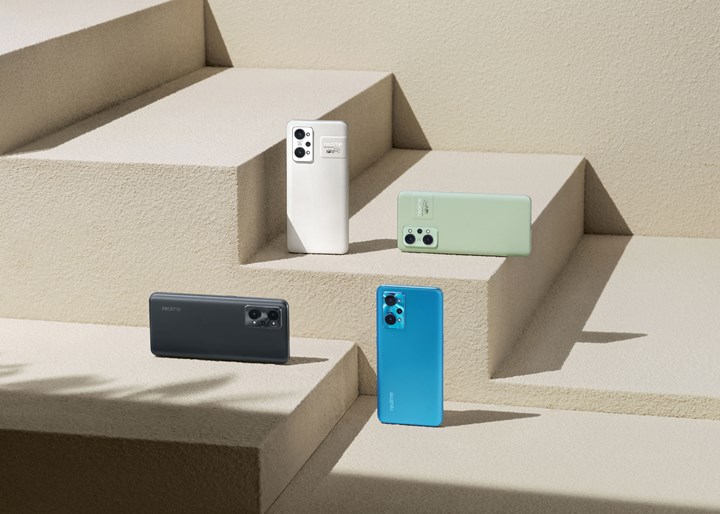Biobased PC Copolymer Gets Play in Consumer Electronics
SABIC’s Elcrin EXL 7414 PC helps this industry’s net-zero carbon emissions goals.
The first biobased PC copolymer from SABIC has been launched to help advance the consumer electronics industry’s net-zero carbon emissions goals. LNP ELCRIN EXL7414B resin joins SABIC’s fast-growing bio-based materials offering, which also includes Ultem PEI resins and LNP Thermocomp compounds which are based on engineering resins such as PC, PBT and blends.

The new PC copolymer is the first grade in an expanding portfolio to secure the International Sustainability and Carbon Certification Plus (ISCC+) designation. It is formulated with over 50% biobased content from waste materials, which do not compete with the food chain, according to the mass balance approach. A preliminary SABIC internal assessment indicates that each kilogram of the new biobased resin provides two kilograms of CO2 reduction as compared to the fossil-based alternative.
The prestigious Chinese brand realme chose LNP Elcrin EXL7414B for the battery cover of its brand-new GT 2 Pro smartphone that launched on Jan. 4, 2022, in China. Said Chase Xu, global v.p. and chief marketing officer at realme, “Our collaboration with SABIC to successfully incorporate this new biobased copolymer in our GT 2 series smartphone has helped us achieve competitive differentiation and a stronger sustainability posture,”. The use of biobased materials is an important selling point for consumers, who increasingly seek out sustainable products. Further, the adoption of LNP Elcrin EXL has enabled our company to advance its environmental goals without any compromise in product performance. This application is the latest result of our productive, ongoing relationship with SABIC.”
Realme was the first consumer electronics brand to adopt the incumbent version of this material, which was used to mold the battery cover of its C25 smartphone. Demonstrating its continuing innovation, realme is now one of the first electronics companies to use a biobased PC copolymer. The new SABIC copolymer reportedly provides the same outstanding properties and processing as its predecessor, enabling a seamless transition for realme.
Both LNP Elcron EXL7414 and new LNP Elcrin EXL7414B PC copolymers help address the harmonized International Electrotechnical Commission’s new IEC 62368-1 standard, which replaced the previous IEC 60065 Audio Video and IEC 60950 IT Equipment standards with stronger safety requirements. For example, this new standard, which took effect in December 2020, requires hazardous energy sources such as lithium-ion batteries to be contained via built-in safeguards to help prevent the energy from transferring to device users.
The excellent processability of the biobased LNP Elcrin EXL7414B is said to enable ultra-thin part designs that save weight and space, and offers opportunities for shorter cycle times and higher throughput vs. standard PC. The new material also provides excellent low-temperature ductility (-40 F) for impact strength when a device is dropped, and good chemical resistance to withstand UV-cured painting.
Related Content
-
Prices for All Volume Resins Head Down at End of 2023
Flat-to-downward trajectory for at least this month.
-
Prices of Volume Resins Generally Flat or Lower
Exceptions in early March were PP and PS, which moved up solely due to feedstock constraints, along with slight upward movement in PVC and PET.
-
What's the Allowable Moisture Content in Nylons? It Depends: Part 2
Operating within guidelines from material suppliers can produce levels of polymer degradation. Get around it with better control over either the temperature of the melt or the barrel residence time.














